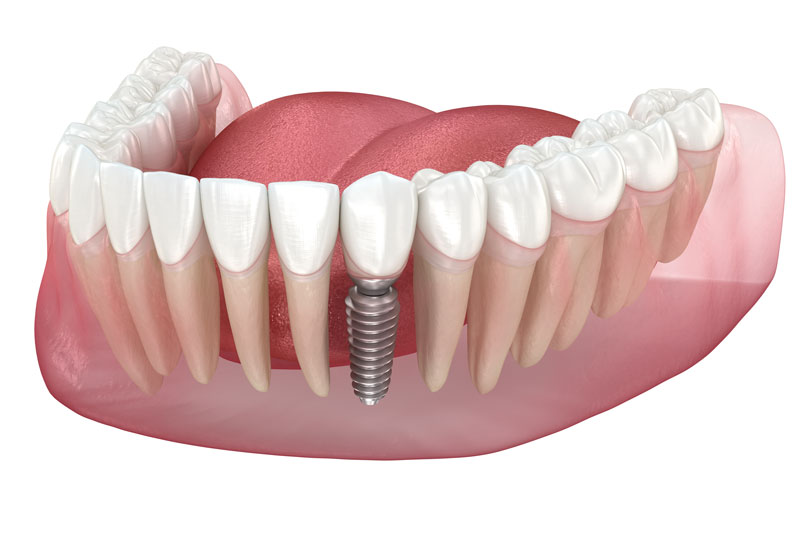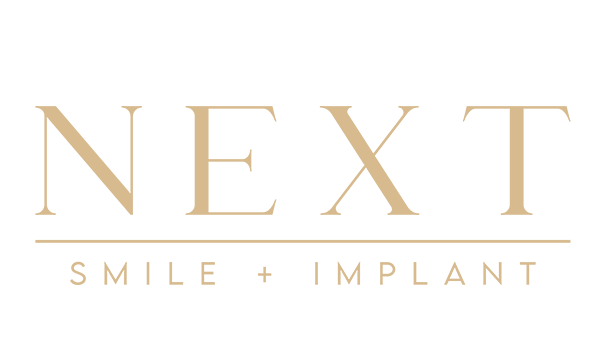Dental Blog - Thousands Oaks, CA
Tips, Facts, And The
Latest In Dentistry

Dental Implants: Are In Plants Teeth Right For You?
Posted in Dental Implants

If you’re wondering whether in plants teeth are right for you, this post will help. You’ll learn what in plants teeth are, how they work, who makes a good candidate, the steps and timeline for treatment, risks and costs, and how to choose the right provider. By the end you’ll have clear next steps for a consultation.
What are “in plants teeth”?
In plants teeth is another way to describe dental implants. A dental implant replaces a missing tooth by placing a metal post into the jaw to act as a new root, then attaching a replacement tooth on top. This differs from dentures or bridges because implants replace the root and the crown, giving better stability and bone support.
How implants work
A typical implant has three main parts:
- Implant: a titanium or ceramic post placed in the jaw to act like a tooth root.
- Abutment: a connector piece that joins the implant to the visible tooth.
- Crown (or bridge/denture): the visible tooth or set of teeth attached to the abutment.
After placement, the implant fuses with bone in a process called osseointegration. Once healed, the abutment and crown restore chewing, speech, and appearance.
Benefits of choosing in plants teeth
- Look and feel like natural teeth
- Help preserve jawbone and facial structure
- Improve chewing and speech compared with loose dentures
- Long-lasting with proper care
Who is a good candidate for in plants teeth?
Many adults with missing teeth can consider in plants teeth. General criteria include healthy gums, enough jawbone to support an implant (or willingness to have a bone graft), and no uncontrolled medical conditions that impair healing. Non-smokers do better, but smokers willing to quit can still be treated after risk counseling.
Common reasons people choose implants
- Replace one missing tooth without affecting adjacent teeth
- Replace several teeth or anchor a bridge
- Full-mouth rehabilitation instead of removable dentures
- Problems with loose, uncomfortable, or sore dentures
Risks and what might make implants less suitable
Age alone rarely blocks treatment, but medical issues like uncontrolled diabetes, certain cancers, or heavy smoking make implants riskier. Other considerations: insufficient bone that needs grafting, longer healing time, and possible surgical complications such as infection or nerve irritation. Your provider will review your health and imaging to decide if implants are a safe option.
What to expect: process, recovery, and cost for in plants teeth
Getting in plants teeth usually follows these steps:
- Consultation and medical/dental history review
- Imaging (X-rays or CBCT) to plan implant position
- Implant placement surgery
- Healing period for osseointegration
- Attachment of abutment and final crown, bridge, or denture
Timeline and recovery
Healing varies: initial recovery from surgery takes days to weeks; full osseointegration often takes 3–6 months. Common side effects include swelling, bruising, and mild discomfort. Tips to speed recovery: follow post-op care, avoid smoking, eat soft foods, and keep the mouth clean as directed by your dentist.
Cost and financing basics
Cost depends on the number of implants, the type of final restoration (single crown vs. bridge vs. full-arch), need for bone grafts or extractions, and the lab materials used. Prices vary widely. Many offices offer payment plans, third-party financing, or phased treatment to make implants more affordable. Ask about a written estimate and financing options during your consult.
Choosing the right provider for in plants teeth
Experience and training matter when placing implants. Look for a clinician with specialized implant training, clear before-and-after examples, and good reviews. Digital planning tools and 3D imaging improve accuracy and outcomes.
Why experience matters
Advanced training helps providers handle complex cases like full-mouth rehab, bone grafting, and surgical complications. Providers who use digital implant dentistry and guided surgery can place implants more predictably and comfortably.
Dr. Saeed Yazdianpour is a board-certified prosthodontist and implant surgeon with DMD and MSD degrees, advanced training from Boston University and the University of Texas Health Science Center, and fellowship status with the International Congress of Oral Implantologists. He specializes in full-mouth rehabilitation and digital implant dentistry, offering evidence-based, patient-centered care. This background helps ensure careful planning and predictable results for patients considering in plants teeth.
If you want to know if in plants teeth are right for you, book a consultation. Call the office or fill out the online form to schedule a visit and get a personalized treatment plan.





